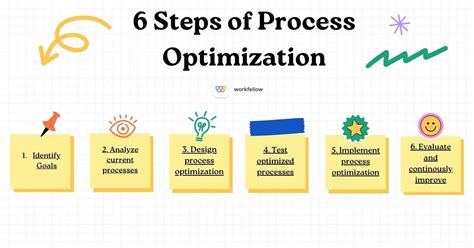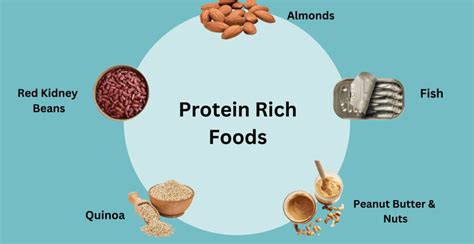How to optimize macro timing for sustained energy & peak performance?

The concept of “macro timing,” or nutrient timing, revolves around consuming specific macronutrients (carbohydrates, proteins, and fats) at strategic times to optimize physiological responses, ranging from improved energy levels and athletic performance to enhanced recovery and body composition.
The Science Behind Macro Timing
While the fundamental importance of total daily macronutrient intake is well-established, when you consume these macros can significantly influence how your body utilizes them. Proper timing can impact blood sugar regulation, hormone sensitivity (like insulin), muscle protein synthesis, and glycogen replenishment, all crucial for sustained energy and peak performance.
Instead of viewing nutrition as a static, 24-hour window, macro timing acknowledges the dynamic nature of our metabolism, which shifts in response to activity, sleep, and nutrient availability.
Carbohydrates: Your Primary Fuel
Carbohydrates are the body’s preferred energy source, crucial for fueling workouts and brain function. Timing their intake correctly ensures adequate glycogen stores for performance and efficient recovery.
- Before exercise: Consuming complex carbohydrates (e.g., whole grains, fruits) 2-4 hours prior provides sustained energy. For closer proximity (30-60 mins), simple carbs can offer a quick boost.
- During exercise: For prolonged activities (over 60-90 minutes), consuming easily digestible carbohydrates can prevent fatigue and maintain performance.
- After exercise: Replenishing glycogen stores with fast-acting carbohydrates immediately post-workout is vital for recovery, especially when combined with protein.

Proteins: Building Blocks for Recovery
Protein intake is critical for muscle repair, growth, and overall satiety. Spreading protein intake throughout the day is generally beneficial, but specific timing around workouts is particularly impactful.
- Throughout the day: Aim for 20-40 grams of protein every 3-4 hours to maximize muscle protein synthesis.
- Before exercise: A small amount of protein pre-workout can help reduce muscle breakdown during intense activity.
- After exercise: The “anabolic window” post-workout (though perhaps wider than once thought) is still an optimal time to consume protein to kickstart muscle repair and growth. A combination of fast-digesting protein (like whey) and carbohydrates is ideal.

Fats: Sustained Energy & Hormone Support
Dietary fats are essential for hormone production, nutrient absorption, and providing a long-lasting energy source, particularly during lower-intensity, longer-duration activities. While not as critical for immediate pre/post-workout timing as carbs and protein, their overall daily distribution matters.
- Throughout the day: Incorporate healthy fats (avocado, nuts, olive oil) into meals to support satiety and overall health.
- Around workouts: It’s generally advisable to limit high-fat meals immediately before or after intense exercise, as fats can slow digestion, potentially causing discomfort or delaying nutrient absorption when rapid delivery is desired.
Optimizing Your Daily Macro Distribution
Beyond peri-workout nutrition, consider your overall daily rhythm. Many find success with a moderate carbohydrate intake earlier in the day to fuel activity, tapering slightly towards the evening, while maintaining consistent protein distribution.
Breakfast: Kickstarting Your Metabolism
A balanced breakfast with complex carbohydrates, quality protein, and healthy fats sets the tone for sustained energy and helps regulate blood sugar throughout the morning.
Lunch: Refueling for Afternoon Performance
Ensure your lunch provides sufficient carbohydrates and protein to prevent an afternoon slump and prepare for any later activity.
Dinner: Recovery and Satiety
A protein-rich dinner, coupled with vegetables and a moderate amount of complex carbohydrates, supports overnight recovery and promotes satiety.
Individualization: There’s No One-Size-Fits-All
While these guidelines provide a strong framework, the optimal macro timing strategy can vary greatly depending on individual factors:
- Activity Level & Type: Endurance athletes will have different needs than strength trainers or sedentary individuals.
- Goals: Weight loss, muscle gain, or maintenance all influence macro ratios and timing.
- Digestion & Tolerance: Some individuals may tolerate certain foods or timings better than others.
- Schedule & Lifestyle: Your work schedule and daily routine will dictate when you can practically eat.
Experiment and listen to your body. Track your energy levels, performance, and recovery to fine-tune your approach.
Conclusion
Optimizing macro timing is a sophisticated yet highly effective strategy to elevate your energy levels, enhance athletic performance, and accelerate recovery. By understanding the roles of carbohydrates, proteins, and fats, and strategically placing them around your daily activities and workouts, you can unlock a new level of physical and mental vitality. Remember that consistency and individual adjustment are key to finding the perfect rhythm for your body.








